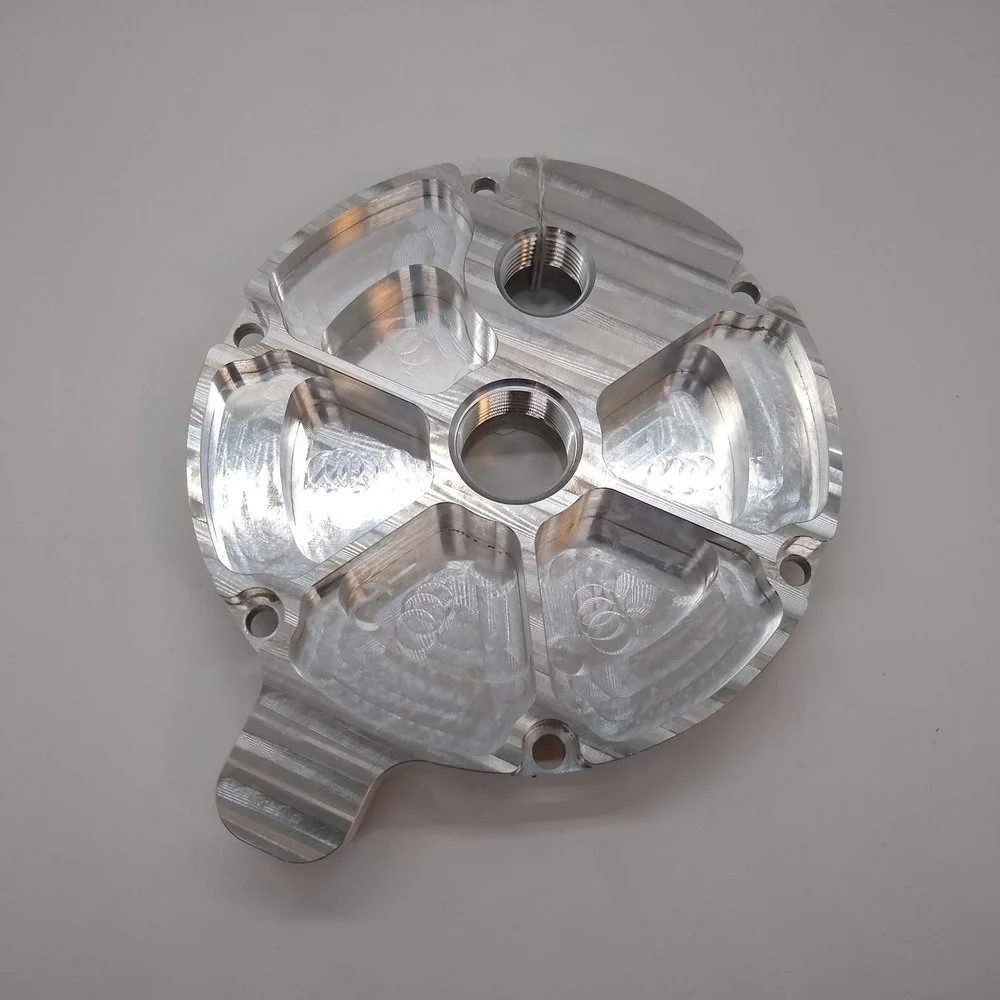We see it all the time: A customer wants an inexpensive prototype delivered as soon as possible, so they order one from an online marketplace. Everything seems okay at first, but eventually, they find out the hard way that when you choose the cheapest option, you get what you paid for.
The first sign of problems typically occurs when the customer needs to assemble the prototype into a product, and it doesn’t fit right. Or when they’re ready to start production, and the prototype hasn’t been optimized for fast and cost-effective manufacturing at scale. In some cases, the customer may not notice issues until much further down the line when a product wears out quickly or doesn’t perform as well as it should—all because they chose a cheap prototype over a quality prototype to save a little bit of money up front.
We can tell you from experience that if you plan to bring a prototype to production, your best bet is to work with a contract manufacturing services partner you trust from the beginning. Even if you invest more money initially, you’ll save time and money in the long run. The key is to communicate openly with the shop about your plans for the prototype so they can approach the project holistically and help you achieve your long-term goals.
Prototype-to-Production Case Study
Still not convinced? This real-life example might change your thinking.
Struggling to achieve the right fit during prototyping
A sheet metal shop customer of ours was tasked with creating a camera housing for one of their end customers. The sheet metal shop fabricated most of the parts in-house, with the exception of six tight-tolerance parts that had to be machined.
The end customer outsourced the machined parts to a precision machine shop, but when it came time for the sheet metal shop to add them to the assembly, they didn’t fit. They knew the parts hadn’t been designed or machined properly—possibly both.
The sheet metal shop elected to take matters into its own hands, convincing the end customer to let them choose a vendor for the machined parts and manage the relationship. They reached out to Focused on Machining to create prototypes of the machined parts, which would eventually be produced in higher volumes. But they thought our prototype pricing was too high. So, they turned to a less expensive precision machine shop.
Though the precision machine shop did a fine job on the parts, the sheet metal shop decided they wanted a local contract manufacturing services partner to maintain better control of the process and slash lead times. That’s when they reached back out to Focused on Machining.
This time, the sheet metal shop customer was more open to spending money upfront to save money in the long run. They had proven the concept with the previous shop and knew that if we could achieve the required tolerances, the parts would fit together perfectly. This is where clear communication between the customer and us was crucial.
Communicating openly to align on long-term goals
The sheet metal shop customer wanted a small batch of 25 parts each to start. They shared their target price per part for high-volume production while acknowledging that the price per part would be higher for an order of 25. They asked us to quote the batch of 25 parts however we needed to, but made it clear that they expected us to hit a lower price point eventually.
We happily agreed to these terms.
Quoting the initial 25-part order higher than the customer’s target price per part allowed us to spend time building the proper fixturing, which was essential for achieving the parts’ tight tolerances quickly and accurately.
We then calculated the maximum amount of precision machining time that would allow us to hit our customer’s target price per part and determined how to stay within that parameter. Our next step was investing in high-quality tooling, which was expensive but would enable us to achieve better speed and precision.
Finally, we ran the 25 parts and delivered them to the customer. Their response? “You guys make really beautiful parts!” The machined parts fit into the assembly perfectly with no issues. The end customer was thrilled and put in an order for 100 parts per month, which the sheet metal shop will outsource to Focused on Machining.
Because we were given the flexibility to put in the extra work during prototyping to perfect our process, we can now hit our customer’s target price point for high-volume production without a problem.
The moral of the story is…
…if you’re developing a prototype that you plan to transition to production, tell us your goals from the start. Let us do the prototyping at a cost that makes sense (yes—a higher cost than an online parts marketplace), and we’ll ensure that you’re wildly successful during production. The extra money you invest upfront will pay off in the long run.

